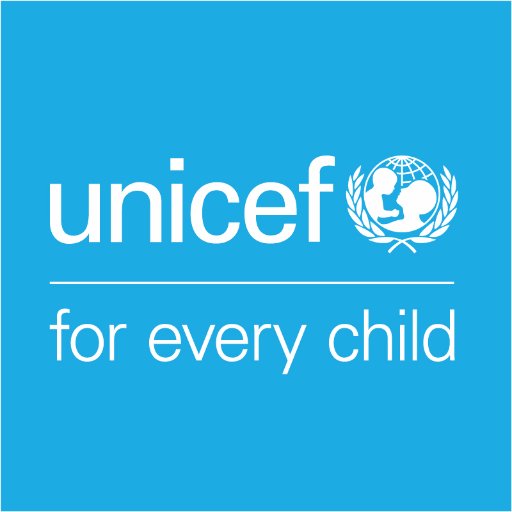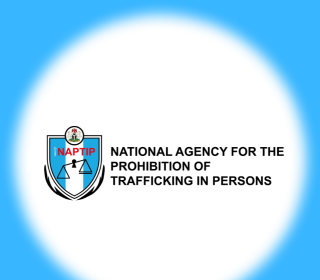To bolster sustainable development outcomes for children in Jigawa State, the United Nations Children’s Fund (UNICEF) has declared a renewed focus on community engagement.
During the 2024 year review meeting held in Dutse, Rahman Farrah, Chief of UNICEF’s Kano Field Office, outlined the organization’s commitment to improving decision-making processes at the local level, vital for the well-being of children and families in the region.
Farrah, represented by Michael Banda, Officer in Charge of the Kano Office, emphasized the importance of community involvement in facilitating successful interventions, especially in light of the evolving landscape of local government autonomy.
He remarked, “As we navigate the changes brought by local governance reforms, it is imperative that we reposition our strategies to ensure that community voices drive our efforts.”
The meeting brought together stakeholders who reflected on UNICEF’s achievements in various sectors from 2022 to 2024. According to Farrah, there have been notable advances in education, health, nutrition, and child protection.
Specifically, UNICEF has made significant strides in reducing the number of out-of-school children, tackling open defecation across local government areas, and advancing cash transfer programs aimed at alleviating poverty.
“We’ve catalyzed change in nutrition and health sectors, successfully enhancing child protection measures, and facilitating birth registrations. Our work is grounded in the belief that every child deserves an opportunity to thrive,” he asserted during his address.
The meeting’s agenda was pivotal in assessing past accomplishments while identifying pressing challenges that hinder the realization of children’s rights in the state.
UNICEF’s future strategies will concentrate on several key initiatives. The organization aims to intensify its advocacy for the Open Defecation Free (ODF) campaign, a critical health intervention that aims to eradicate open defecation practices, improve sanitation, and ultimately save lives.
Meanwhile, efforts will be tailored to reduce the number of out-of-school children and enhance immunization coverage, particularly as the region grapples with maternal mortality issues.
Farrah also drew attention to the alarming disparity faced by impoverished children regarding access to education and health services. “We must address the vulnerabilities that many children face. Through conditional cash transfers, we aim to reach the most disadvantaged, ensuring they receive the support they need to access education and health services,” he said, hinting at a robust approach to mitigating the effects of poverty.
The meeting concluded with a commendation for Governor Umar Namadi’s unwavering commitment to the education and social sectors in Jigawa State, particularly regarding increased budget allocations aimed at enhancing welfare programs.
This commitment is crucial as the state endeavors to improve its educational and health infrastructures, providing a safety net for the most vulnerable populations.
As UNICEF reinvigorates its focus on community engagement, the partnership with local governments, community leaders, and families will be paramount. The organization recognizes that sustainable change can only be achieved when local needs and priorities are effectively incorporated into policy-making and program implementation.
UNICEF’s initiatives underscore a transformative vision for child welfare in Jigawa, aligning with the global Sustainable Development Goals (SDGs). The agency’s comprehensive approach encompasses not just immediate interventions but also long-term strategies aimed at fostering resilience and empowerment within communities.




